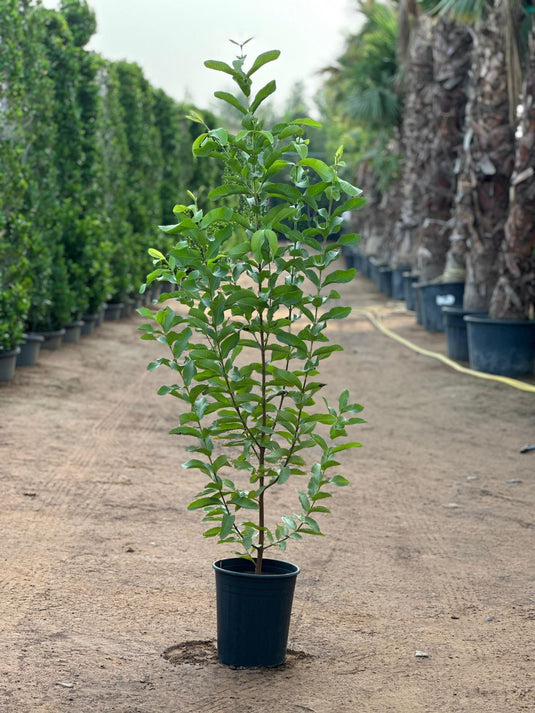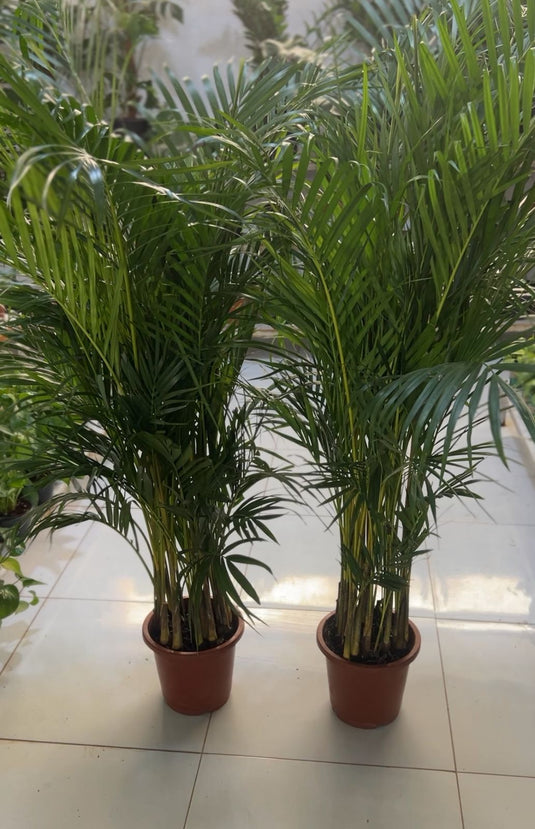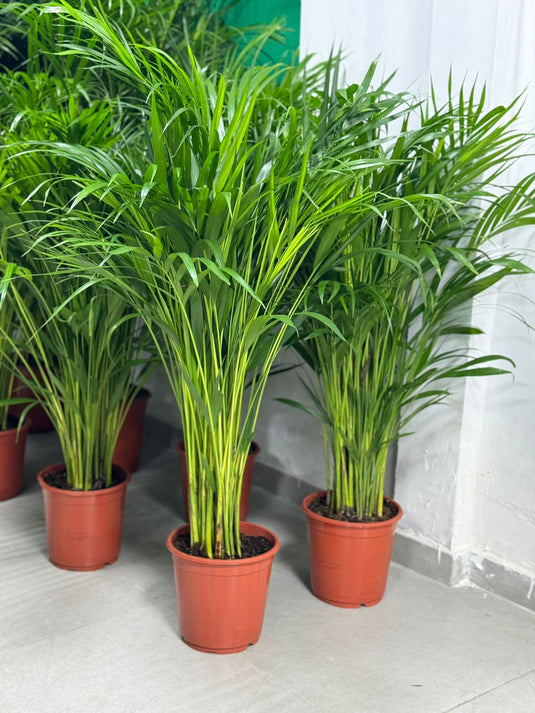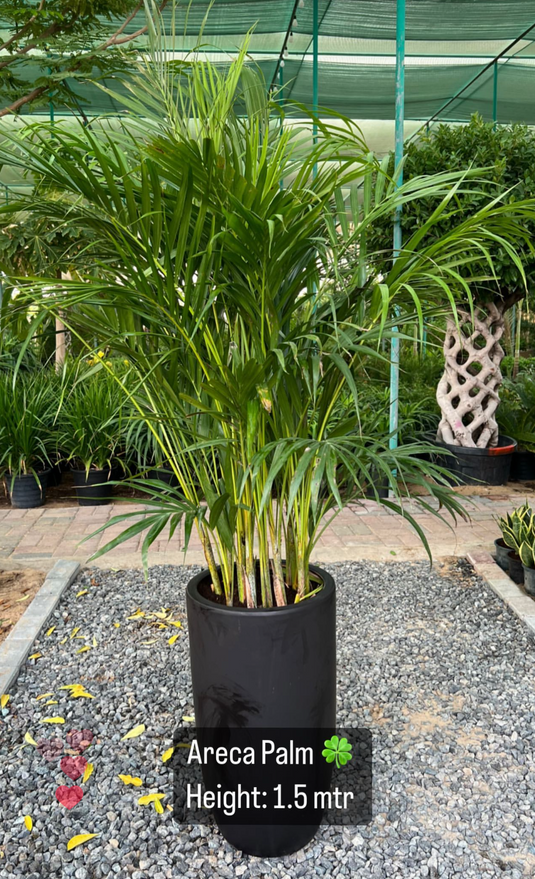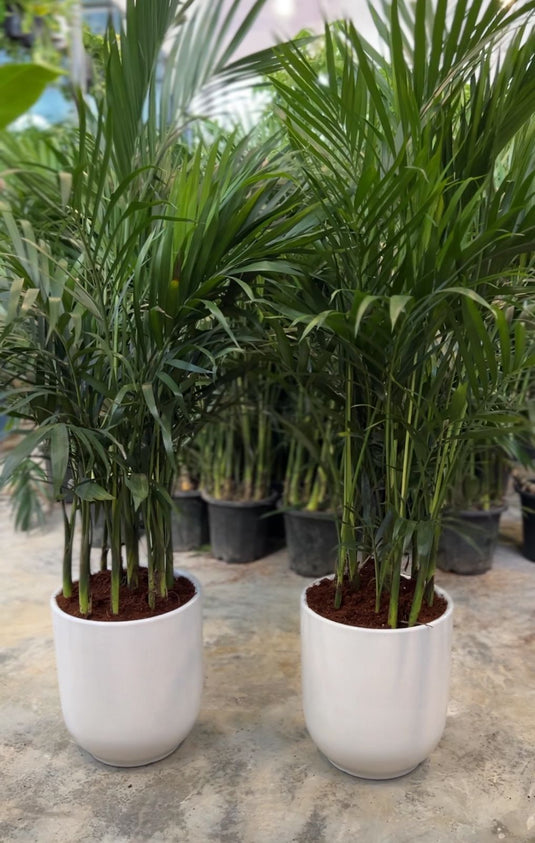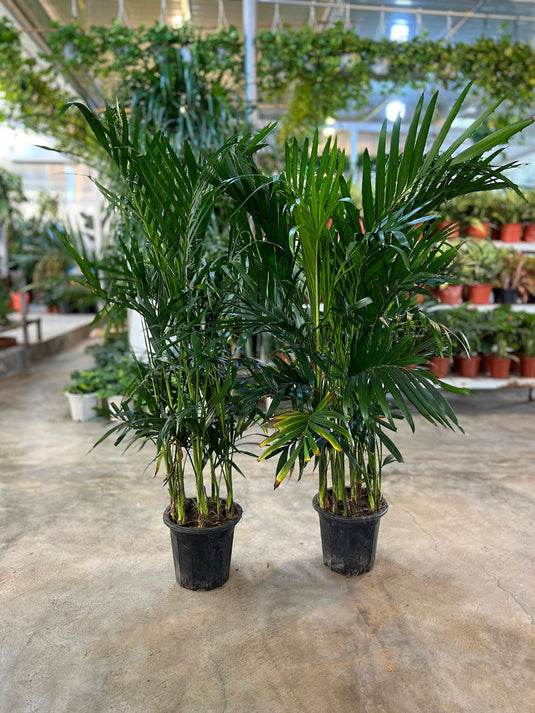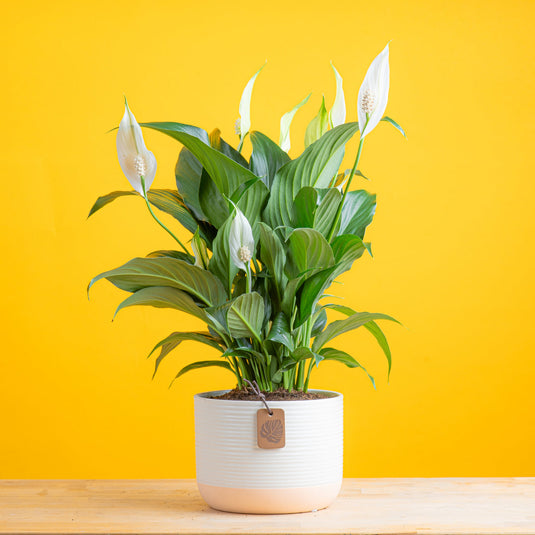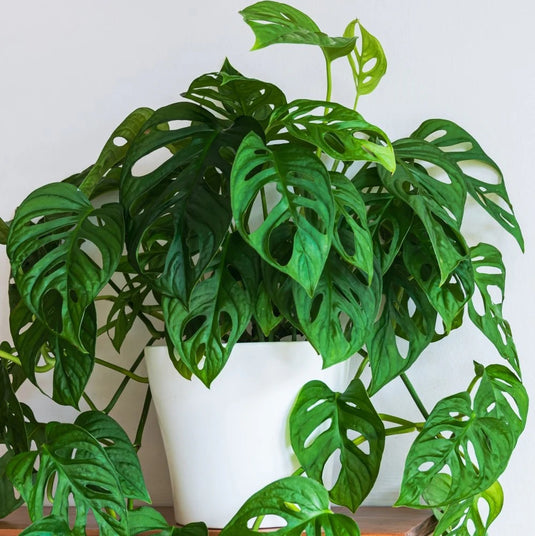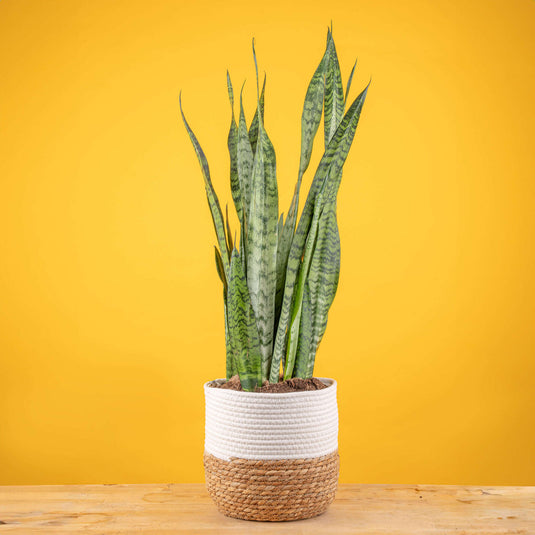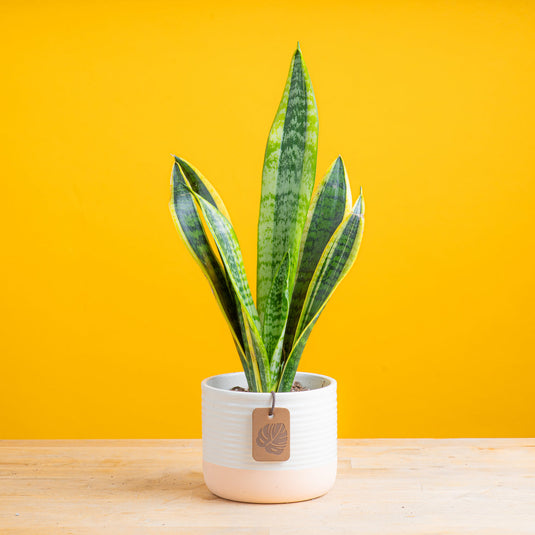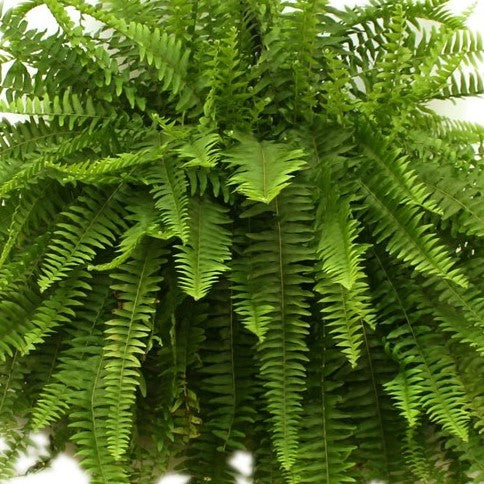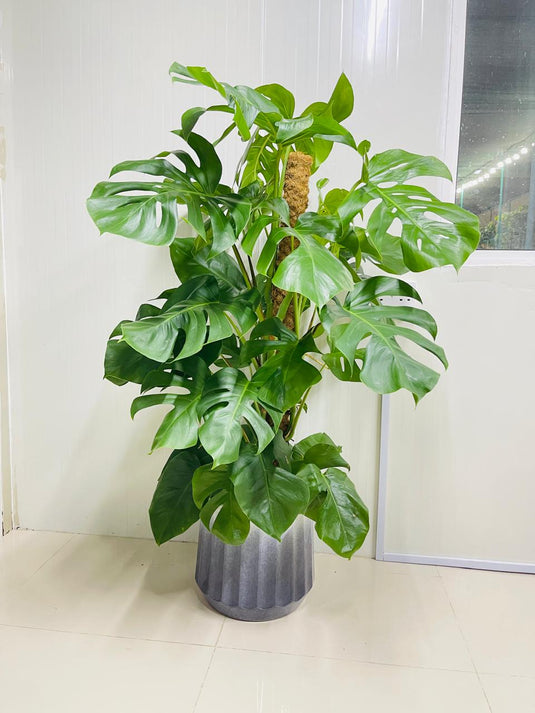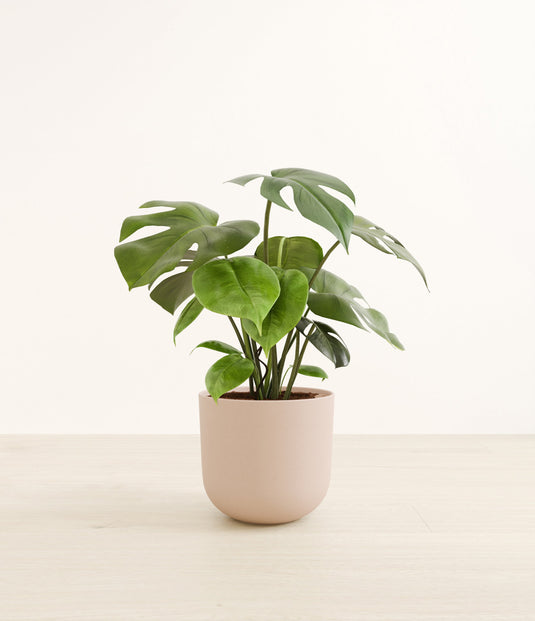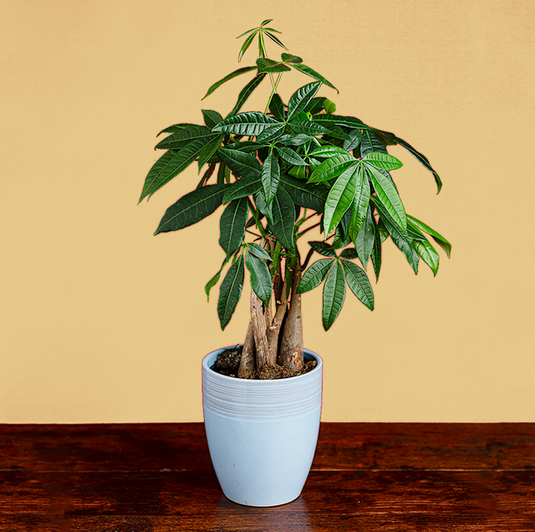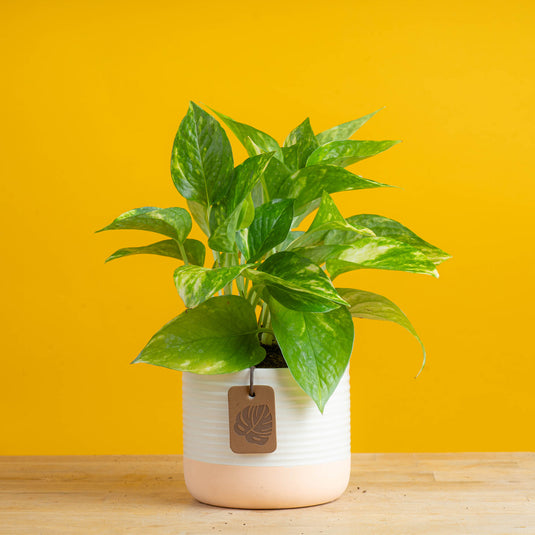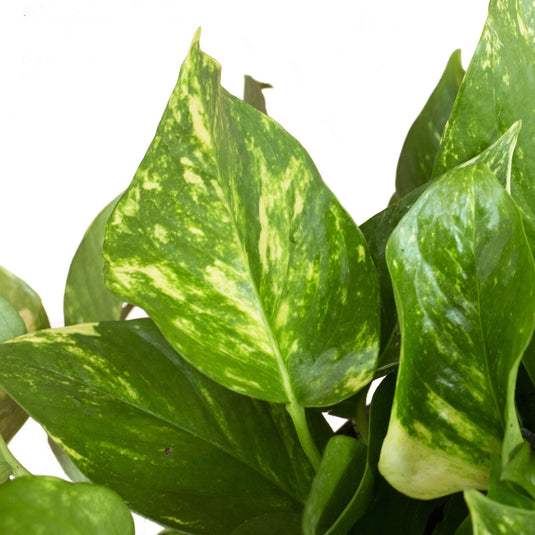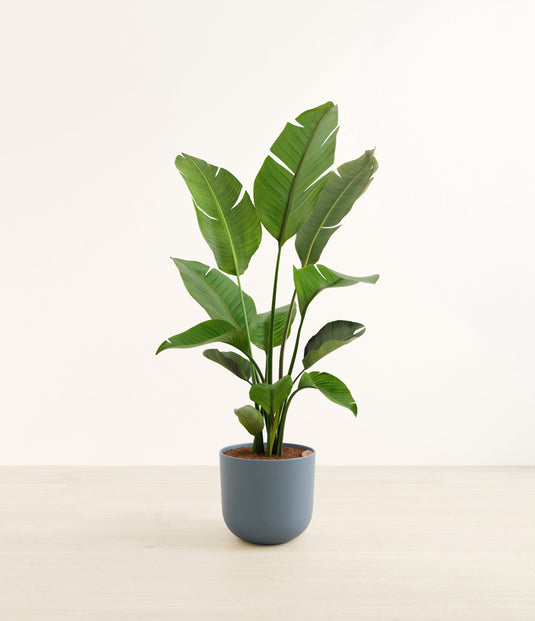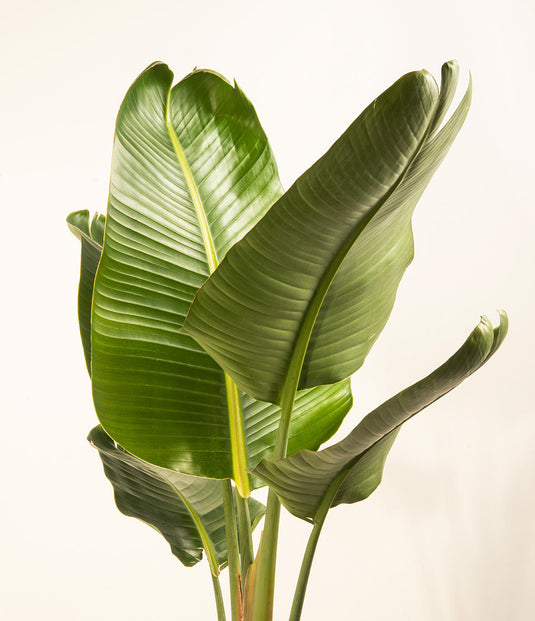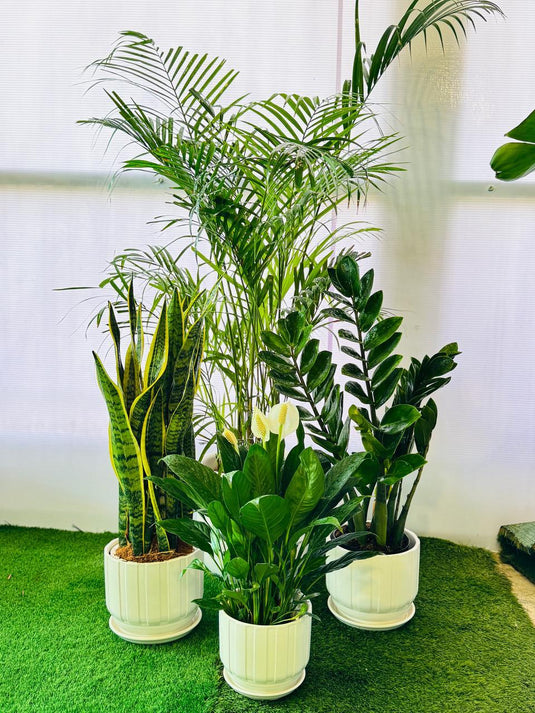Guava Tree / Guava Fruit
- Healthy Arrival Guarantee
- Free Plant Care Consultation
- Safe & Secure Payment

We will send you a notification as soon as this product is available again.
-
Estimated delivery: Feb 10 - Feb 14
-
Free return within 7 days of purchase.
Plant Description
The Guava is a tropical fruit-bearing tree known for its sweet and aromatic fruits. Guava is rich in vitamins, minerals, and antioxidants, making it a popular choice for consumption and cultivation. The global guava market is projected to reach approximately $5 billion by 2030.
5 Health Benefits of Guava Tree / Guava Fruit
1. Nutritional Value
Guava is an excellent source of essential vitamins, especially vitamin C, providing over 200% of the daily recommended intake in a single fruit. Research shows that high vitamin C content supports immune function and skin health (Sharma et al., 2021).
2. Antioxidant Properties
Guava is rich in antioxidants, such as carotenoids and polyphenols, which help protect the body from oxidative stress. Studies indicate that these antioxidants can reduce the risk of chronic diseases, including heart disease and cancer (Yadav et al., 2022).
3. Digestive Health
Guava is high in dietary fiber, promoting healthy digestion and preventing constipation. Research supports that increased fiber intake from fruits like guava can improve gut health and regularity (Singh et al., 2023).
4. Weight Management
The low-calorie content and high fiber of guava make it an ideal fruit for weight management. Studies suggest that consuming fiber-rich foods can enhance feelings of fullness, aiding in weight control (Patel et al., 2023).
5. Skin Benefits
The vitamins and antioxidants in guava contribute to healthy skin. Research highlights its potential to reduce signs of aging and improve skin texture due to its anti-inflammatory properties (Kumar et al., 2022).
Disadvantages
- Guava has many seeds that some may find unappealing, although they are edible and can provide additional fiber.
- Guava fruits are sensitive to handling and ripening conditions, which can affect their quality and shelf life.
- Guava trees may require pesticide use to manage pests, which can be a consideration for organic growers.
- Some individuals may experience mild allergic reactions to guava, although this is relatively uncommon.
Frequently Asked Questions
1. Is guava nutritious?
Yes, guava is an excellent source of vitamins and antioxidants, providing significant health benefits.
2. Does guava help with digestion?
Yes, it is high in dietary fiber, promoting healthy digestion and preventing constipation.
3. Can guava aid in weight management?
Yes, its low-calorie content and high fiber make it beneficial for weight control.
4. Does guava have skin benefits?
Yes, the vitamins and antioxidants in guava can improve skin health and reduce signs of aging.
5. Is guava safe for everyone to eat?
Yes, but some individuals may experience mild allergic reactions, which are uncommon.
Final Verdict: Should I Buy Guava Tree / Guava Fruit?
Yes, its versatility and positive impact on health, adding guava to your diet or garden is a worthwhile choice.
Plant Care
Watering
Water your plant once a week or when the soil starts to feel slightly dry on the surface. Keep the soil consistently moist, but be careful not to overwater, as this can cause brown spots and leaf drop. If the leaves become curly or dry, it's a sign that the plant needs water. It's best to water your plant in the early morning or late evening when the temperatures are cooler. Always check the soil before watering.
Light
Provide bright indoor light or indirect sunlight for about 6 to 8 hours a day.
Temperature
Maintain temperatures between 18°C and 24°C. Avoid exposing the plant to drafts, as these can cause undesirable temperature fluctuations. Mist the plant occasionally, about twice a week, to help maintain optimal humidity levels.
Fertilizer
Apply liquid fertiliser every 15 days when the plant is actively growing. For best results, use Folikraft ready-to-use Indoor Plant Food.
What Our Clients Say About Us
As a House se Manager in prestigious property in Dubai HILLS ESTATE, I would Highly recommended My Plants - Landscaping Services. All the team were amazing and hardworking. They are expert that achieved coordination and best feedback results to any projects that my Client wish and job order done. Appreciated. Thank you.
I ordered a 2m bird of paradise on their website with a pot. The price was much more reasonable than elsewhere, so I gave it a try. Ordered at 9pm on a Thursday night, delivered at 3pm the next day. The plant arrived bigger than I expected, replanted in its pot with brand new potting soil, incredible! The black pot is a perfect match for my home and really looks high-quality. Thanks again!
Good plants, they came over to my place to pot them and clean them, prices are good also, thank you Kashif for improving my experience and your top customer service.
